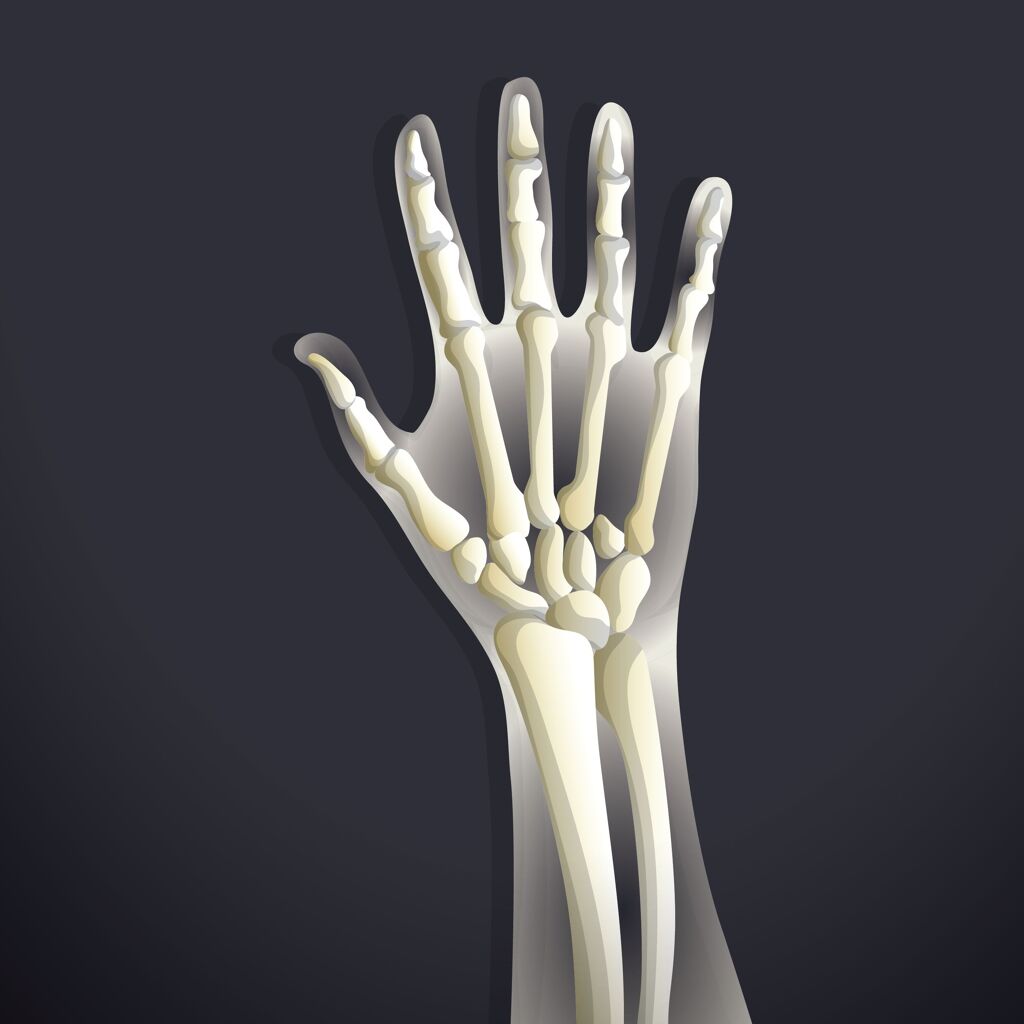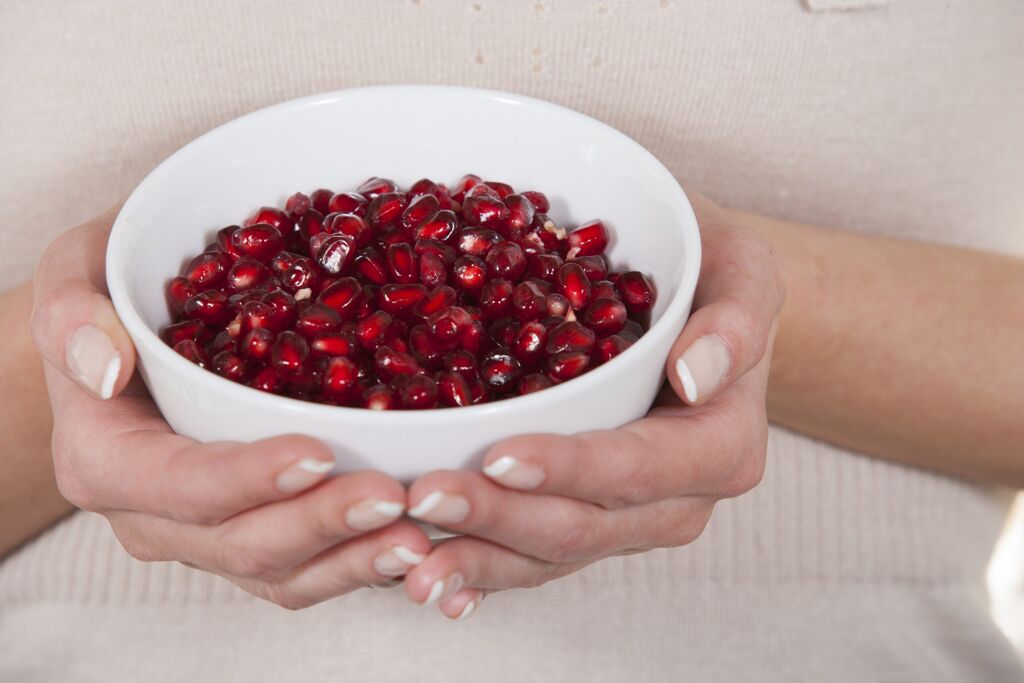5 Ways to Boost Fertility

Introduction:
Like every living creature, humans need to reproduce. Due to the need to pass down genes to newer generations, an important measure in reproduction is fertility. Medically, fertility could be described as the ability to produce offspring. In large populations, the fertility rate is calculated as the number of offspring for every mating pair. It is worth noting that fertility is different from fecundity, which measures the likelihood of reproducing. Individuals lacking fertility are said to be infertile, while those lacking in fecundity are said to be sterile. Knowledge of fertility is crucial to any couple seeking to have a child, as they are able to prepare well, and maximise the chances of conception. This post explores factors affecting fertility and ways to boost one’s fertility.
Factors Affecting Fertility
Age
Both male and female individuals become fertile at the onset of puberty. This rises steadily throughout the teenage years and peaks in the mid-twenties for women. Although age does not seem to be an issue for men, on average fertility rates drop drastically for men in the fifties. In women, however, age is an important factor in determining fertility (Knodel, 1983). Studies have shown that past the age of 27, women experience a sharp decline in fertility rates, and this goes on till menopause, where hormonal activity in the ovaries declines, marking the end of a woman’s fertile phase.
Hormones and the Menstrual Cycle
Hormones are crucial for reproduction in men and women. Hormones regulate activities associated with reproduction, such as gamete production, arousal, libido, fertility, menstruation and menopause (Hale, 2005).
In women, hormones control the menstrual cycle, which determines whether the egg gets fertilized. The brain’s hypothalamus secretes the gonadotropin-releasing hormone (GnRH). This hormone stimulates the production of Follicle Stimulating Hormone (FSH) and Luteinizing Hormone (LH). FSH and LH initiate ovulation. Ovaries also produce estrogen and progesterone which prepare the uterus for gestation. If fertilization fails to occur, the lining of the uterus is shed (menstruation), paving way for a new menstrual cycle. Each cycle lasts 28 days.
To Read About Blog Topic, Scroll Down
Want To Work With Our Clinic?
Do you have a chronic or mystery illness that no one has been able to help you with? Are you simply wanting to re-connect with a healthier version of yourself? It’s Time To Finally Feel Better!
In men, GnRH leads to the production of testosterone and other reproductive hormones. Low levels of testosterone lead to low sperm count, poor sperm health and a lowered sex drive.
Often, mapping of a full monthly cycle through dried urine test from DUTCH (Dried Urine Test for Comprehensive Hormones) provides information about how estrogen and progesterone levels change throughout the month and can determine the presence of ovulation or identify any deficiency or ratio issues between estrogen and progesterone. This is a simple test involving urinating on a specially designed absorbent paper and analyzing the metabolites of multiple sex-hormones.
Supplementation with “Chaste Tree” also known as “Vitex” or “monk’s pepper” can support the HPO axis and help in some cases to improve fertility. It is derived from a berry and has been used to increase fertility in both men and women. Assessing and addressing DHEA levels can be helpful as well. Maximizing the functioning of the HPA axis and adrenal hormones may contribute to maintaining the balance necessary to achieve pregnancy. Gut issues can influence estrogen recycling via beta-glucoronidase enzyme upregulation and must be evaluated and corrected if needed.
Lifestyle and diet
In both men and women, the lifestyle choices affect fertility. Obese individuals are less likely to reproduce. Obese women have a high chance of developing Polycystic Ovary Syndrome (PCOS), which leads to hormonal imbalance, and lower chances of reproduction (Rakesh, et al, 2013). Various foods are known to promote reproductive health, such as fish, fruits and vegetables. Men are advised to stay away from frequent hot baths, as these also reduce sperm count.
Other factors that determine fertility include:
- General health
- Timing and frequency of sex
- Drug and substance use
- Exposure to environmental risks such as radiation.
How to Boost Your Fertility
- Weight control– in couples seeking to have a child, it is important to keep the Body Mass Index (BMI) between 19 and 25, as this speeds up the process of conception. Individuals with BMI of less than 19 and above 26 experience delays in conception (Clark et al, 1998).
- Observe a proper diet- women trying for a baby should ensure that their meals include protein, zinc, vitamin C and Vitamin D reduces the risk of early miscarriage and reduces menstrual cycles. Shorter cycles imply more frequent ovulation, which increases the chance of fertilization (Mabel, 2000).
- Minimizing/ Avoiding alcohol, tobacco and other substances- alcohol changes the levels of estrogen, which interferes with how the egg attaches to the uterine wall. Excessive caffeine consumption also alters the hormonal balance, resulting in poor reproductive health (Jordon & Belenko, 2001). Tobacco is also known to cause problems to the developing fetus, and may result in miscarriage.
- Observe the fertility window- taking advantage of the lady’s ‘unsafe period’ also increases the chances of conception. This period normally occurs about three days prior to ovulation. Couples are advised to copulate around this time since pregnancy is most likely to occur.
- Acupuncture – A growing body of research supports the use of acupuncture in conjunction with or instead of Western medicine for infertility. While more research is required, there is evidence that pregnancy rates of women treated with acupuncture were significantly higher than those in a control group (Huang et.al 2011 p. 389). The study data that showed a lower success rate in women treated by acupuncture were noted to be not statistically significant. Additionally, even women who did not become pregnant through this treatment were found to have reduced stress levels and less anxiety and improved ability to cope with the outcome.
Other interventions include: having frequent sex, using the right lubricants (avoid those containing spermicides), fertility treatments & hormone replacement therapy (HRT) and avoidance of harmful exposures. It is, however, important to seek expert medical advice on what practices to observe, as they vary from one couple to another.
Want help with your health? Book a free health evaluation call to see if you are a good fit for our clinic by clicking the button on the left below. If you are a clinician interested in advancing your training, please check out our online worldwide functional medicine training institute by clicking the button on the right below.
Book My Free Phone Health Evaluation Functional Medicine Certification for Clinicians
References
- Clark, A. M., et al. “Weight loss in obese infertile women results in improvement in reproductive outcome for all forms of fertility treatment.”Human Reproduction 6 (1998): 1502-1505.
- Blades, Mabel. “Diet and fertility.”Nutrition & Food Science 3 (2000): 109-111.
- Peugh, Jordon, and Steven Belenko. “Alcohol, drugs and sexual function: a review.”Journal of psychoactive drugs 3 (2001): 223-232.
- Knodel, John. “Natural fertility: age patterns levels and trends.” (1983): 61-102.
- Hale, D. H. “Nutrition, hormones and fertility.”Rhodesia agricultural journal (2005).
Are You Suffering From A Chronic Illness?
Does your current health situation look like this…
- Do you feel that you have tried many things and either nothing works, or the treatment does not hold?
- Have you been told that there is nothing that can be done to reverse your illness and you just need to manage symptoms?
- Does your illness impact your work, your family, your happiness and your social life?
We specialize in finding answers and solutions for complicated chronic illness when people feel like they have tried everything. If this sounds like you, book a free call with us to see if we are the right fit for your health goals.
Dr. Miles has spoken for the following organizations:


















Responses